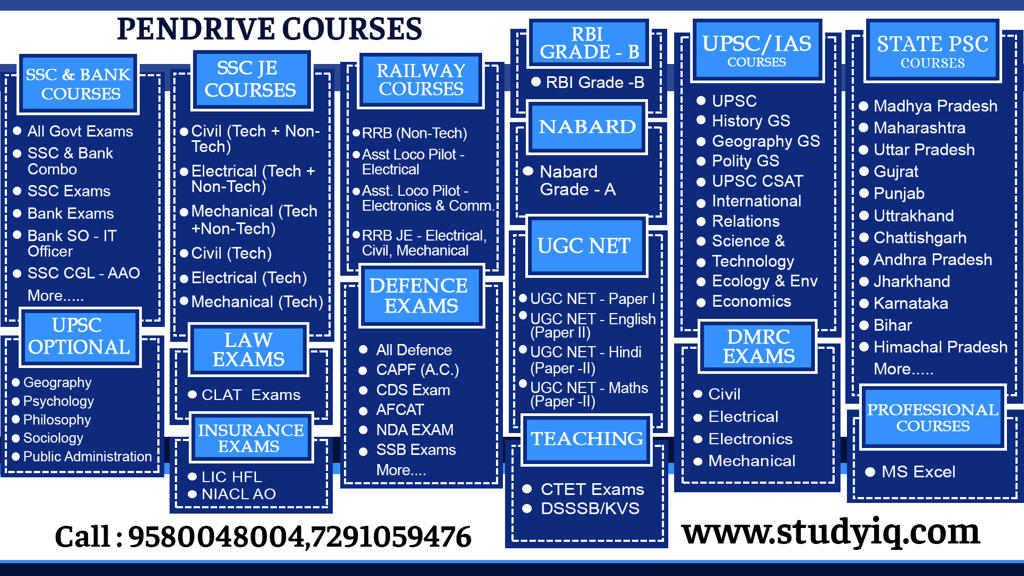Table of Contents
WHAT JUST HAPPENED?
- Pakistan slapped with $6 billion penalty in Reko Diq case (Indian rupees – 40,800 crore rupees)
WHO DID THIS?
- The International Center for Settlement of Investment Disputes (ICSID)
- The International Centre for Settlement of Investment Disputes (ICSID) is an international arbitration institution established in 1966 for legal dispute resolution and conciliation between international investors. The ICSID is part of and funded by the World Bank Group, headquartered in Washington, D.C., in the United States.

INDIA’S LONG STANDING POSITION (2000)
- THE Indian Council for Arbitration (ICA) had recommended to the Finance Ministry against India becoming a signatory to the International Centre for Settlement of Investment Disputes (ICSID) Convention.
- ICSID Convention is not fair,” the then ICA Executive Director, Mr. G.K. Kwatra, said at a press conference here on Saturday, adding that the convention’s rules for arbitration leaned towards the developed countries.

NEW YORK CONVENTION

NEW YORK CONVENTION
- The Convention on the Recognition and Enforcement of Foreign Arbitral Awards, also known as the New York Convention, was adopted by a United Nations diplomatic conference on 10 June 1958 and entered into force on 7 June 1959.
- India should continue to be a part of the New York convention The difference between the two is, under the New York Convention, the arbitration award can be reviewed by the Indian judiciary, albeit, strictly under five specified grounds. In IC SID, the Chairman of the Centre is the Chairman of the World Bank. The Chairman appoints the arbitrators. If the arbitration award is not satisfactory, then the aggrieved party would appeal to a panel, which will also be constituted by the ICSID. There is no scope for a review of the award by an Indian court, even if the award is against public interest
WHAT IS REKO DIQ CASE?
- Reko Diq, which means sandy peak in the Balochi language, is a small town in Chagai district in Balochistan.
- Reko Diq mine is famous because of its huge gold and copper reserves
- The Tethyan Copper Company (TCC) – a joint venture between Chilean mining company Antofagasta and Canada’s Barrick Gold Corporation
- TCC was created to explore gold and copper in Reko Diq after approval from Pakistan government
- The TCC completed an extensive and detailed bankable feasibility study establishing the basis for mine development at Reko Diq during August 2010 and submitted a mining lease application in February 2011, along with an environmental and social impact assessment report
- The then Supreme Court chief justice Iftikhar Muhammad Chaudhry had in January 2013 declared the Reko Diq agreement void and in conflict with the country’s laws.
IFTIKHAR MUHAMMAD CHAUDHRY

WORLD BANK TRIBUNAL
- The tribunal declared that there was no wrongdoing in the agreement – the grounds on which the Supreme Court of Pakistan terminated the deal in 2013 – and eventually, the tribunal held that Pakistan is liable to pay the damages.
- The only remaining issue in the case was the final penalty on Pakistan, which has been now announced.
WHAT NOW?























 WhatsApp
WhatsApp